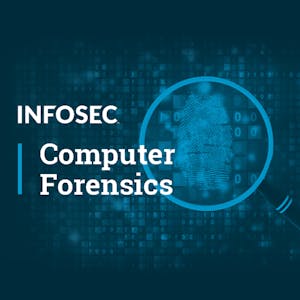Supervised Machine Learning: Classification
About this Course
This course introduces you to one of the main types of modeling families of supervised Machine Learning: Classification. You will learn how to train predictive models to classify categorical outcomes and how to use error metrics to compare across different models. The hands-on section of this course focuses on using best practices for classification, including train and test splits, and handling data sets with unbalanced classes. By the end of this course you should be able to: -Differentiate uses and applications of classification and classification ensembles -Describe and use logistic regression models -Describe and use decision tree and tree-ensemble models -Describe and use other ensemble methods for classification -Use a variety of error metrics to compare and select the classification model that best suits your data -Use oversampling and undersampling as techniques to handle unbalanced classes in a data set Who should take this course? This course targets aspiring data scientists interested in acquiring hands-on experience with Supervised Machine Learning Classification techniques in a business setting. What skills should you have? To make the most out of this course, you should have familiarity with programming on a Python development environment, as well as fundamental understanding of Data Cleaning, Exploratory Data Analysis, Calculus, Linear Algebra, Probability, and Statistics.Created by: IBM

Related Online Courses
As the recommended third course of the specialization, Strategic Communication Campaigns, this course rounds out your communication campaign process knowledge by speaking to how to implement and... more
As a follow-on course to \"Kalman Filter Boot Camp\", this course derives the steps of the linear Kalman filter to give understanding regarding how to adjust the method to applications that violate... more
This is a self-paced lab that takes place in the Google Cloud console. In this lab you will use Liquid parameters and templated filters to enhance interactivity by users in Looker.Created by:... more
This specialization covers common topics in intermediate grammar, such as perfect verb tenses and adjective clauses. It will also cover \"tricky English\" grammar topics that learners of English... more
The Windows OS Forensics course covers windows file systems, Fat32, ExFat, and NTFS. You will learn how these systems store data, what happens when a file gets written to disc, what happens when a... more








